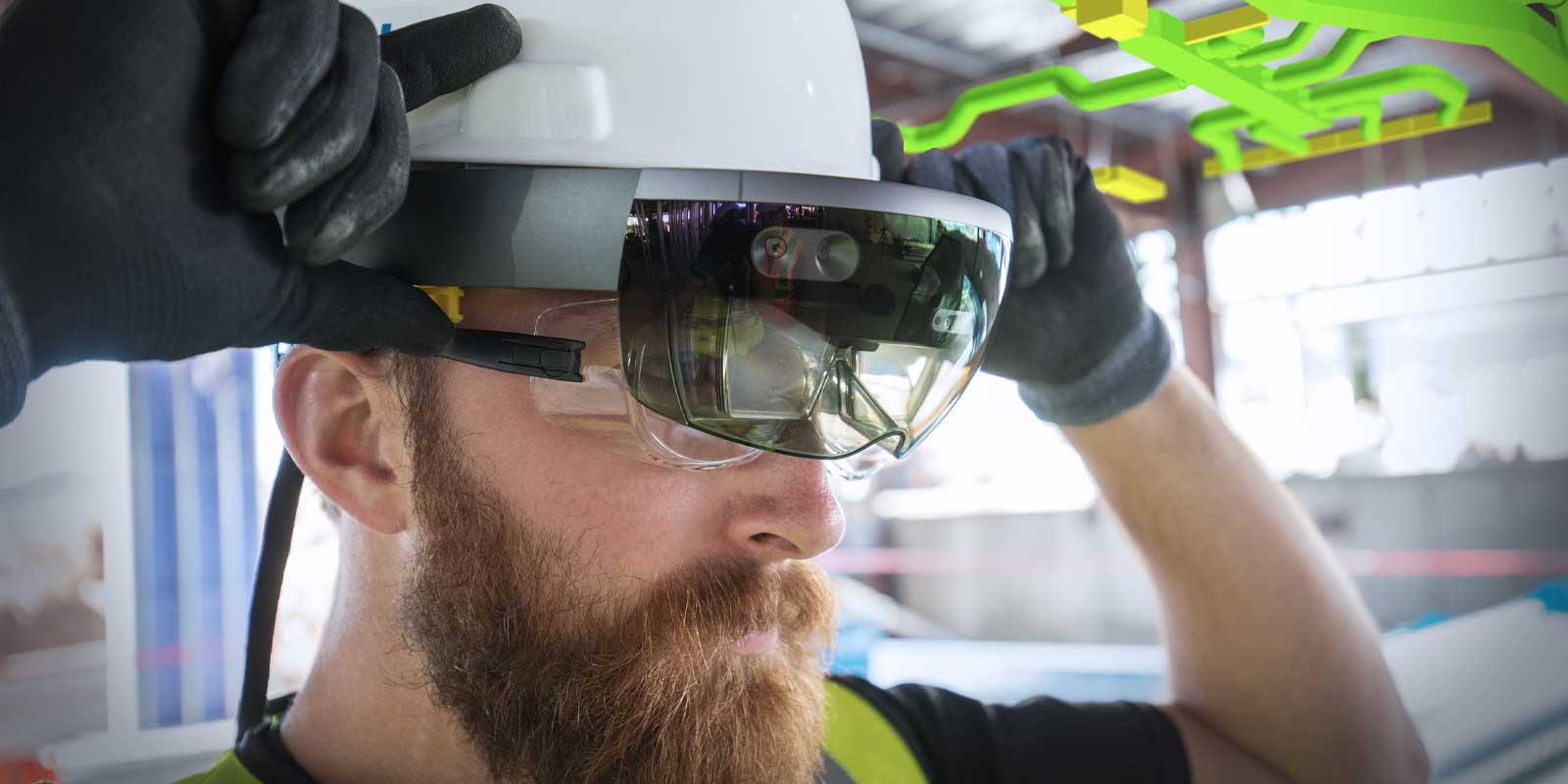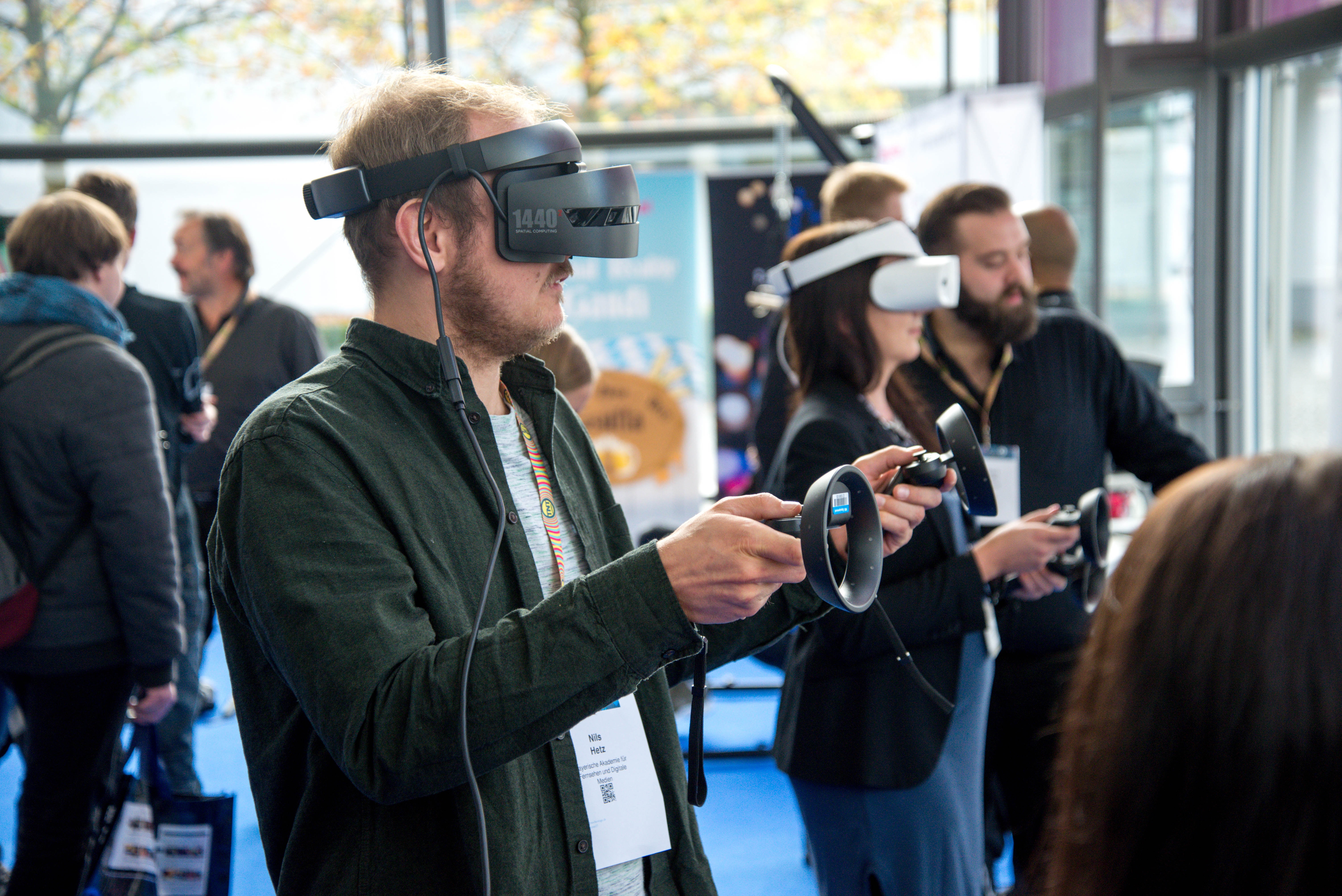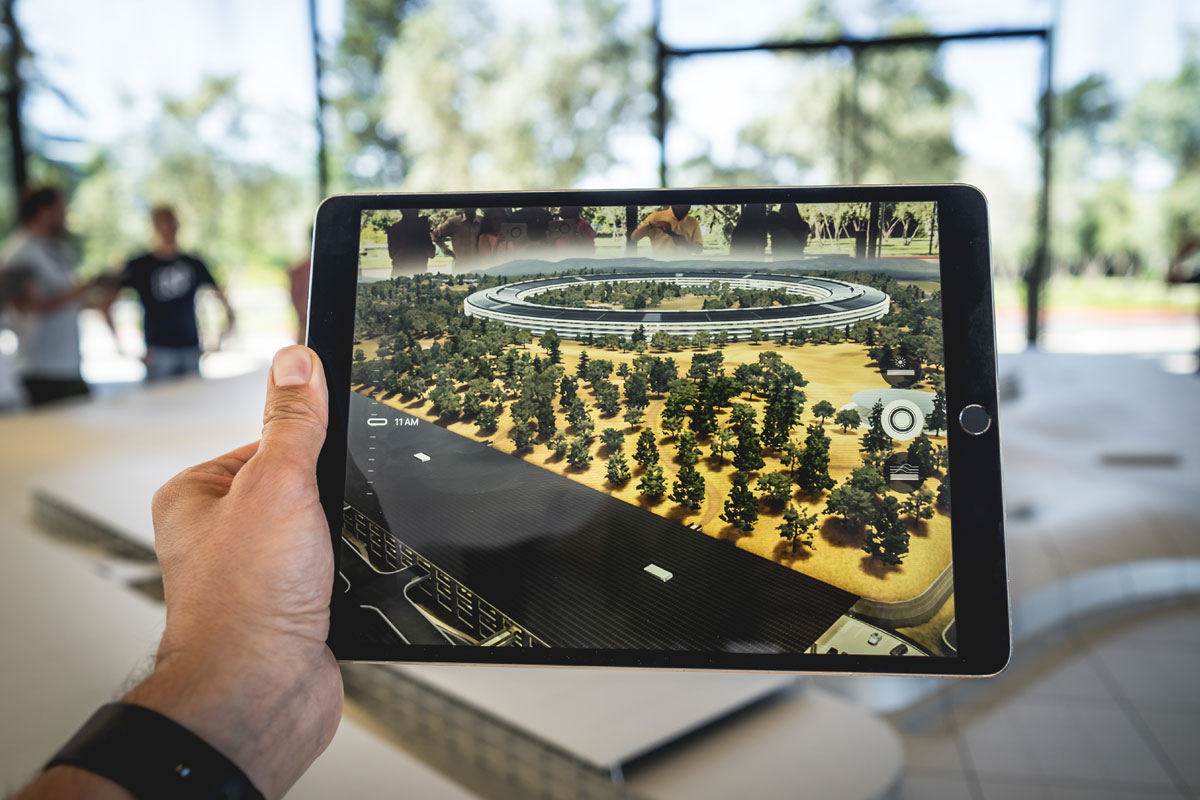
Experience mixed reality by merging real and virtual world
MR is merging of real and virtual worlds to produce new environments and visualizations where physical and digital objects co-exist and interact in real time.
A New Horizon for the Construction Industry
Every once and a while, a technology comes along that completely shakes up an industry. Over the past few years, virtual reality and mixed reality have gained momentum and the potential to be that groundbreaking new technology for the construction industry. To fully understand the implications that Virtual reality, specifically mixed reality visualization, has for the future of the construction industry, one must first understand the fundamental principles and concepts that make up mixed reality itself.

Understanding the Reality-Virtuality Continuum
The reality-virtuality continuum is the long-winded name for the set of technologies that deal with putting virtual elements into the physical world. On one side of the spectrum, there’s reality–the real-life objects, emotions, and experiences you witness every day. On the opposite side, there is virtuality, things that only exist in the virtual world. When you hear about Virtual reality headsets like Google Cardboard in the news, for example, that’s a form of virtuality. The continuum exists because, as of the past few years, it has gotten more and more difficult to classify things as either reality or virtuality. Often times, virtual worlds are integrated into the real world, or the real world is embellished with small virtual elements. When messy circumstances like these occur in the grey area between black-and-white reality and virtuality, they become mixed reality.

The Basics of Mixed Reality Visualization
Mixed reality (MR) has infinite applications, from video games to experience-based learning, but one of the most powerful is the ability to take data and project it into the real world. Called mixed reality visualization, this seamless blending of physical space with virtual projection is a simple yet powerful new application of virtual reality. Once a user puts on a MR headset, they can see the world with an additional layer of information. This visualization could be as simple as numbers and words or as complex as art or blueprints.

